
Scientists Have Discovered Hidden Brain Patterns That May Predict Your Intelligence
In the ever-evolving field of neuroscience, scientists are uncovering secrets about the human brain that challenge our understanding of intelligence. One of the most fascinating recent discoveries is that hidden brain patterns—previously undetectable—may hold the key to predicting a person’s intellectual capacity. These patterns, revealed through advanced neuroimaging techniques and artificial intelligence, provide new insight into how the brain processes information, learns, and solves problems. This breakthrough not only deepens our comprehension of intelligence but also opens the door to more personalized education, early diagnosis of cognitive disorders, and perhaps even a fairer society.
Traditionally, intelligence has been measured using IQ tests. These standardized assessments evaluate logical reasoning, memory, verbal skills, and mathematical abilities. However, IQ scores are often criticized for being too narrow, failing to account for creativity, emotional intelligence, or cultural background. As a result, researchers have been searching for a more comprehensive and biologically grounded way to assess intelligence. The discovery of hidden brain patterns offers a promising alternative. Unlike IQ tests, these patterns are objective, deeply rooted in brain function, and immune to cultural bias.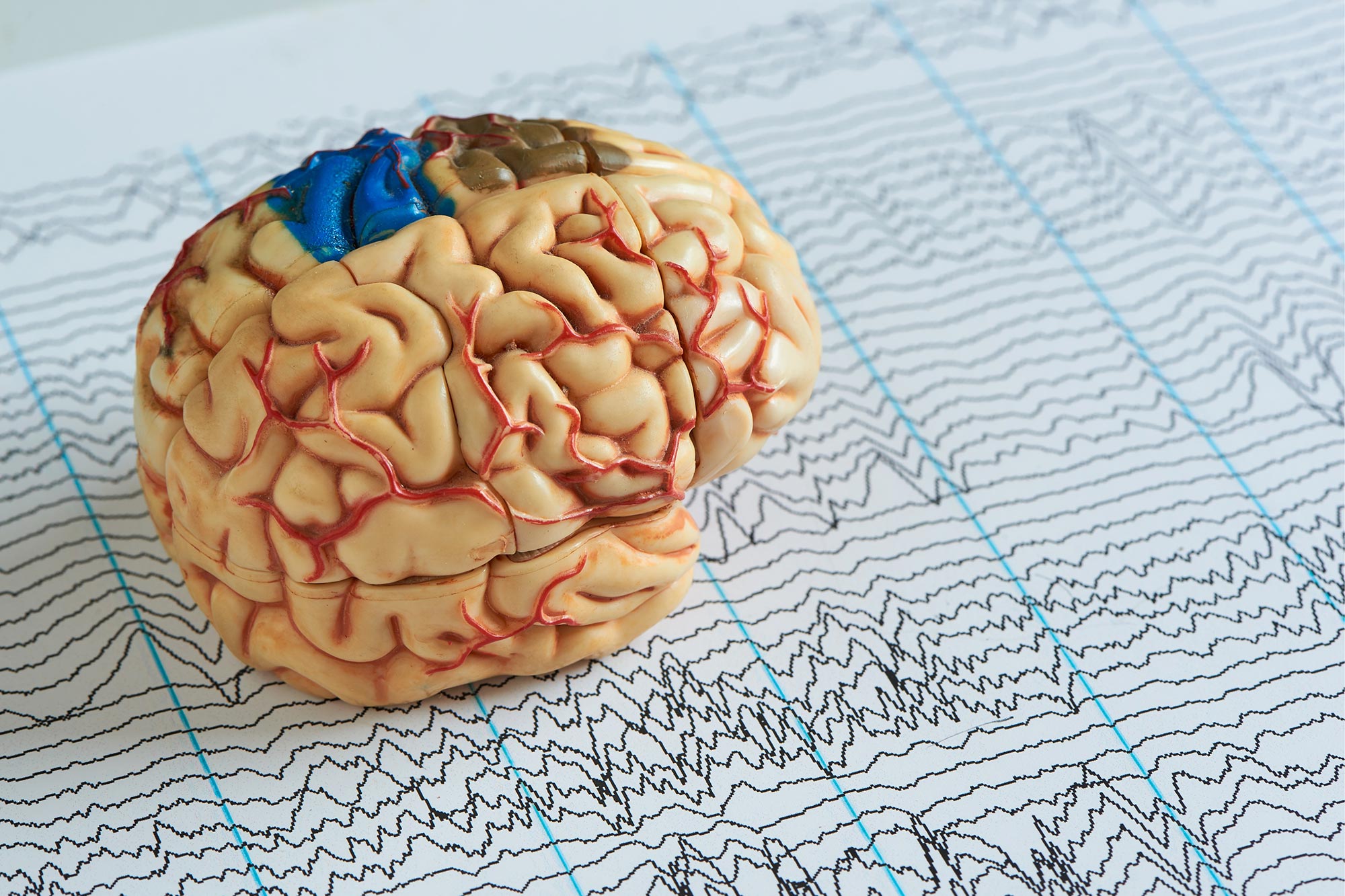
Using technologies like functional Magnetic Resonance Imaging (fMRI), scientists can observe how different regions of the brain communicate with each other. Through machine learning algorithms, researchers analyze vast datasets of brain activity while individuals perform specific cognitive tasks. What they found was striking: people with higher intelligence tend to show more efficient and flexible communication between brain regions, especially in areas related to memory, attention, and problem-solving. These neural connections form unique “fingerprints” of intelligence—hidden patterns that can be used to predict cognitive abilities with surprising accuracy.
For example, a study conducted at the University of California, Berkeley, analyzed fMRI scans of hundreds of participants and discovered that individuals with stronger synchronization between the frontal and parietal lobes often scored higher on tests of abstract reasoning. Another study from the University of Cambridge found that certain resting-state brain networks—especially those involved in self-reflection and mental simulation—were more active in people with higher general intelligence. These findings suggest that intelligence is not localized in one part of the brain but is instead a result of dynamic interactions across various regions.
The implications of these discoveries are far-reaching. In education, understanding a student’s brain pattern could allow teachers to tailor learning experiences based on their natural cognitive strengths. This would represent a move away from one-size-fits-all teaching toward a more personalized and effective system. In healthcare, identifying unusual brain connectivity early in life could help doctors intervene before developmental disorders fully manifest. Furthermore, these insights could challenge social assumptions about intelligence, encouraging a more nuanced view of human potential beyond traditional testing.
However, ethical concerns must also be considered. If brain patterns can predict intelligence, could employers or governments misuse this information? Would such data lead to discrimination or new forms of inequality? Protecting privacy and ensuring ethical use of brain-based intelligence prediction will be essential as this field progresses.
In conclusion, the discovery of hidden brain patterns that may predict intelligence is a groundbreaking step in neuroscience. It offers a more holistic, accurate, and biologically rooted way of understanding human cognition. While challenges remain, especially in terms of ethics and privacy, the potential benefits in education, healthcare, and society at large are profound. As we continue to unlock the secrets of the brain, we are not only learning more about what makes us intelligent—but also what makes us human.
News in the same category


Heart surgeon shares four daily habits to avoid for better health

Top 10 foods that unclog arteries naturally and prevent heart attack

10 Warning Signs You’re Eating Too Much Sugar – Many People Ignore #5

Clogged Arteries Mean Poor Blood Circulation and Risks of Heart Attacks. Here is How You Can Clean Your Arteries from Plaque

Get Rid of Throat Mucus Faster With These Simple Natural Treatments That Work
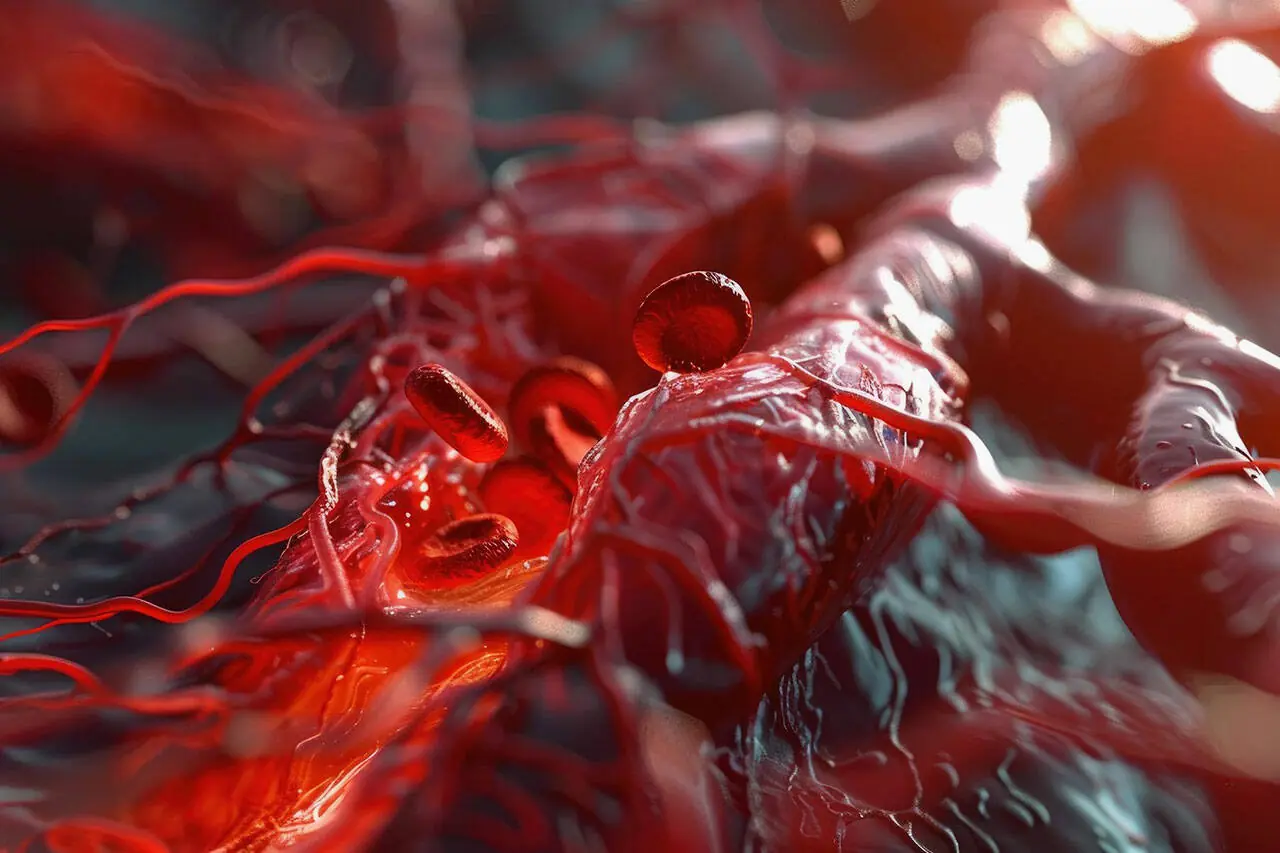
One Vitamin That Could Transform Your Circulation

Why Cold Showers on Hot Summer Nights May Keep You Awake

Lesser-Known Menopause Symptoms

Signs Your Cortisol Is Dangerously High

He Never Drank Alcohol but Died of Liver Failure: Doctors Reveal 4 Common Foods That Quietly Destroy the Liver
A man who stayed away from alcohol his entire life shocked his family when he was diagnosed with liver failure and passed away at just 55 years old. Doctors warn that alcohol is not the only enemy of the liver—certain everyday foods can be just as destr

Vitamin D Overdose: When Good Intentions Turn Toxic
Vitamin D is often celebrated as the “sunshine vitamin,” vital for bone strength, immune health, and even protection against certain chronic diseases. But while moderate amounts are essential, excessive or unsupervised intake can be toxic—and in som

6 Types of Pain You Shouldn’t Ignore
Occasional mild discomfort may not require urgent care, but sudden, unexplained, or severe pain always deserves medical attention.

Scrolling on the Toilet? Experts Warn It Could Trigger Painful Hemorrhoids
For many, the bathroom has become more than a necessity—it’s a private escape, a brief pause in the day, and for some, even a mini reading lounge. But researchers warn that lingering too long with your smartphone on the toilet may quietly be raising y
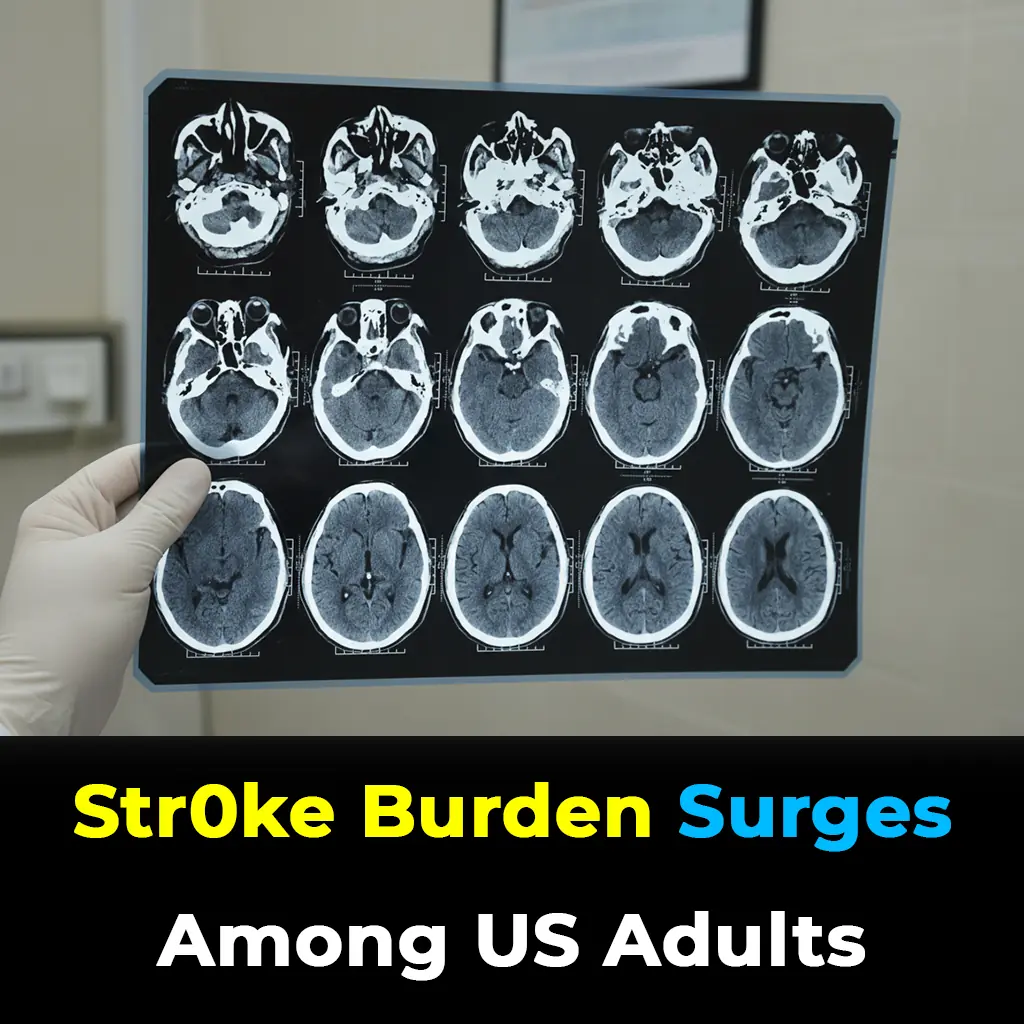
Stroke Rates Soar Among US Adults: Experts Warn of Alarming Trend
The burden of stroke in the United States has climbed sharply over the past three decades, with millions now living with its long-term effects. While medical progress has reduced mortality rates, the overall number of cases continues to rise—especially

Beetroot Juice’s Nitrate Effect: A Natural Way to Support Heart Health
Beetroot juice isn’t just a vibrant superfood—it may hold the key to naturally lowering blood pressure, especially for older adults. A new study shows how the nitrates in this root vegetable can transform cardiovascular health and reshape the body’s

Your unexplained fatigue and bloating could be intestinal parasites feeding off you right now

Mix Bananas, Honey and Water: Cough and Bronchitis Will Disappear

Forget 10,000 steps: Scientists prove 7000 steps gives you ‘almost identical’ life-saving benefits
News Post

What is Black Vinegar? Nutritional Value and Benefits of Black Vinegar
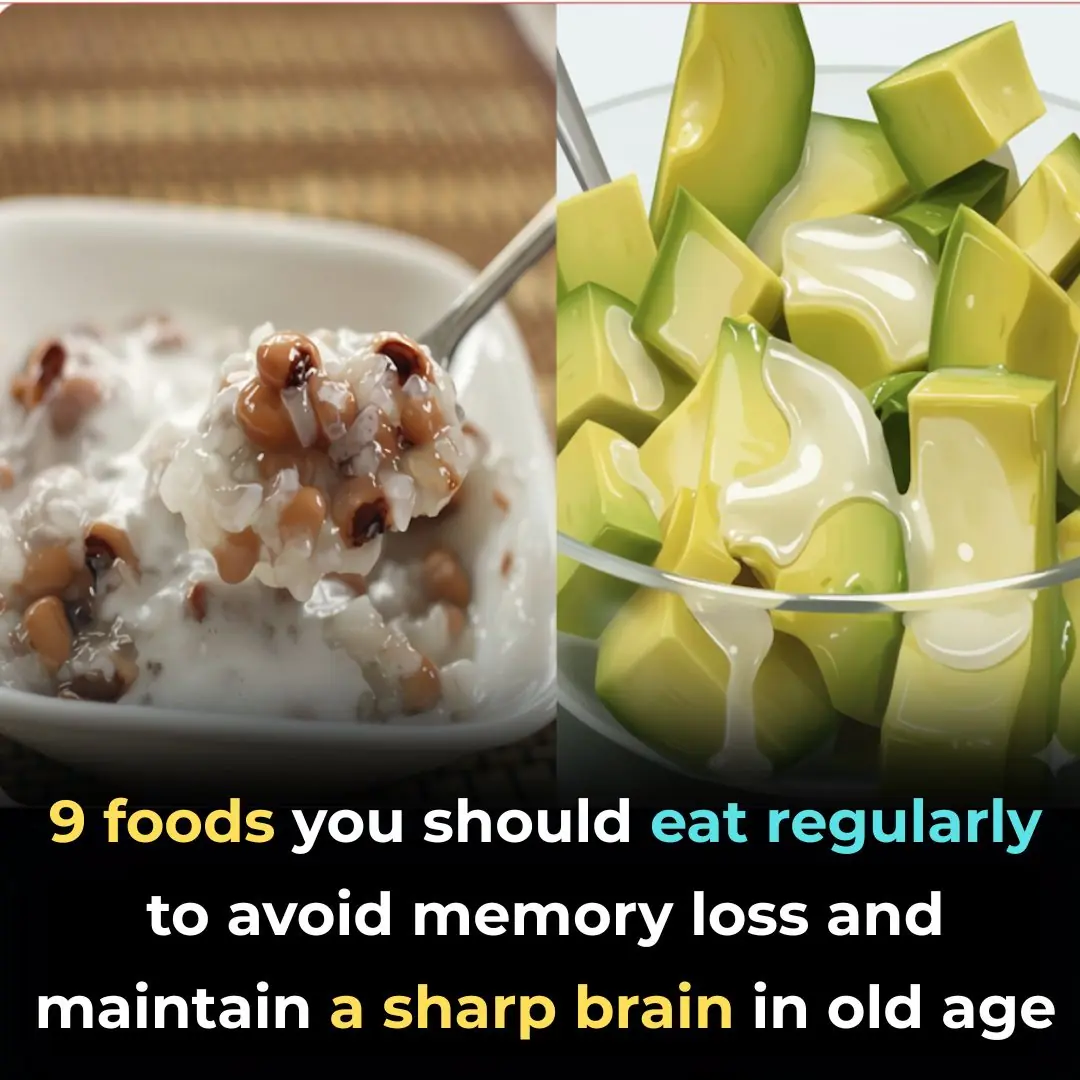
9 Foods You Should Eat Regularly to Prevent Memory Loss and Keep Your Brain Sharp as You Age

Is Your Kitchen Sink Often Clogged? Pour This In for Smooth Flow Without Calling a Plumber
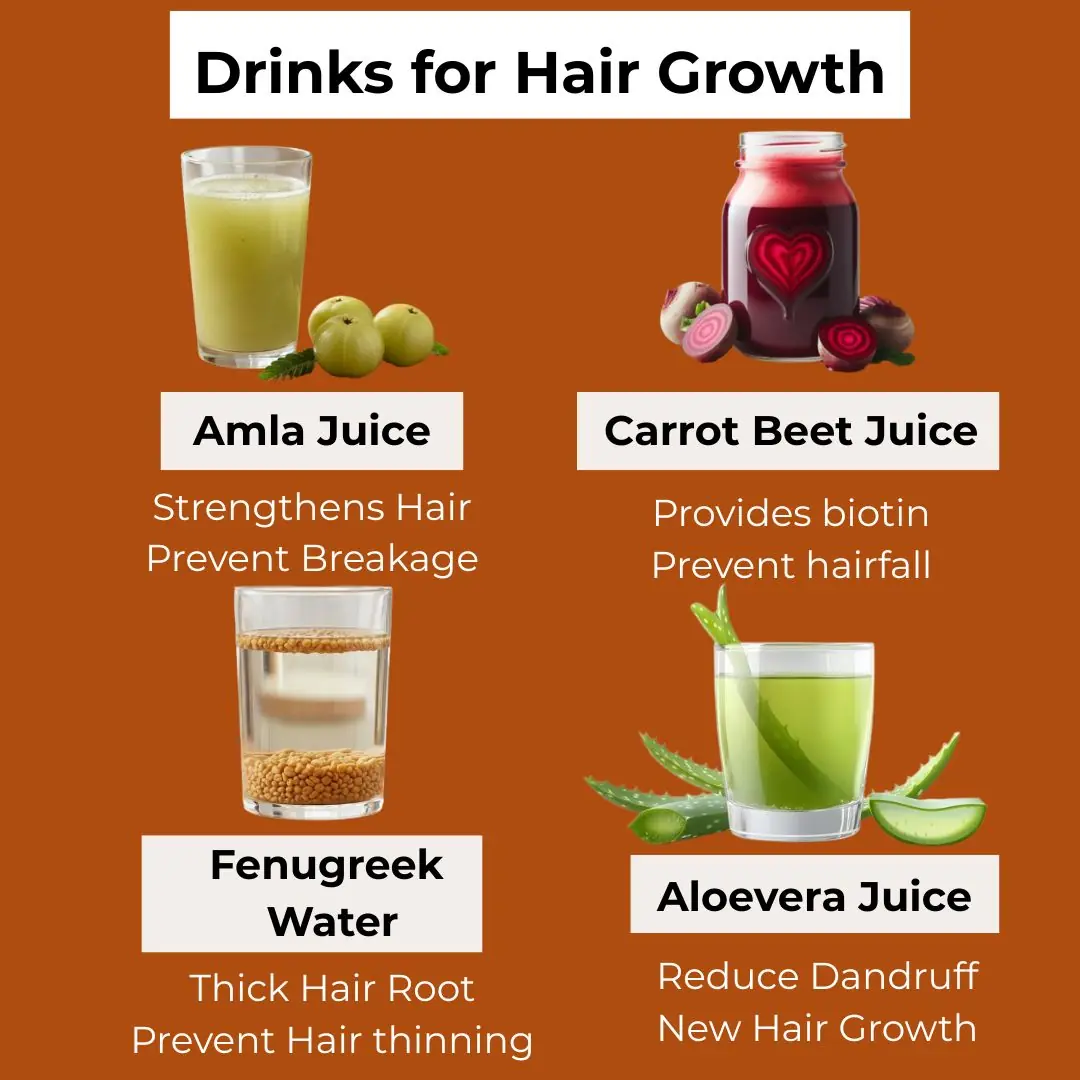
Hair Growth Juice – Amla Juice & Curry Leaves for Hair

Girl, 5, died days after being misdiagnosed with a cold

Heart surgeon shares four daily habits to avoid for better health

Top 10 foods that unclog arteries naturally and prevent heart attack

Can Guava Leaves Transform Your Hair Overnight?

Tips for self-defense when encountering ferocious or loose dogs.

10 Warning Signs You’re Eating Too Much Sugar – Many People Ignore #5

Go to the market and see that pork has these 4 characteristics

Clogged Arteries Mean Poor Blood Circulation and Risks of Heart Attacks. Here is How You Can Clean Your Arteries from Plaque

Get Rid of Throat Mucus Faster With These Simple Natural Treatments That Work

Cactus and little-known medicinal remedies

Put an empty plastic bottle in the washing machine, I admit the person who came up with this trick has a "top notch" IQ

MAHA Chief Medical Advisor Dr. Aseem Malhotra Just Declared That No One Should Have Ever Taken the COVID mRNA Vaccines.

New mRNA Shot Turns Immune Cells Into Cancer-Killers Directly Inside the Body, Study Finds

One Vitamin That Could Transform Your Circulation
